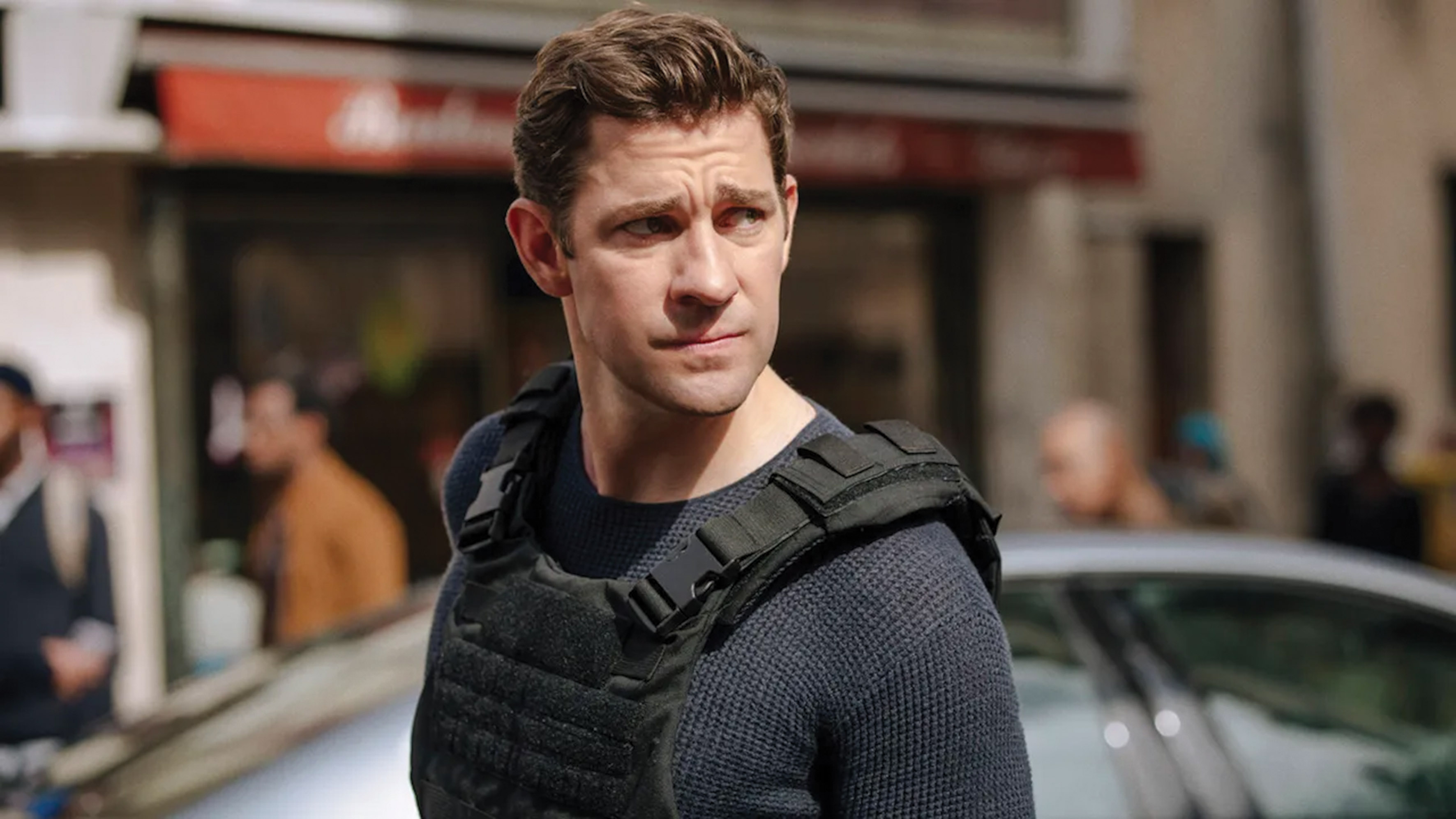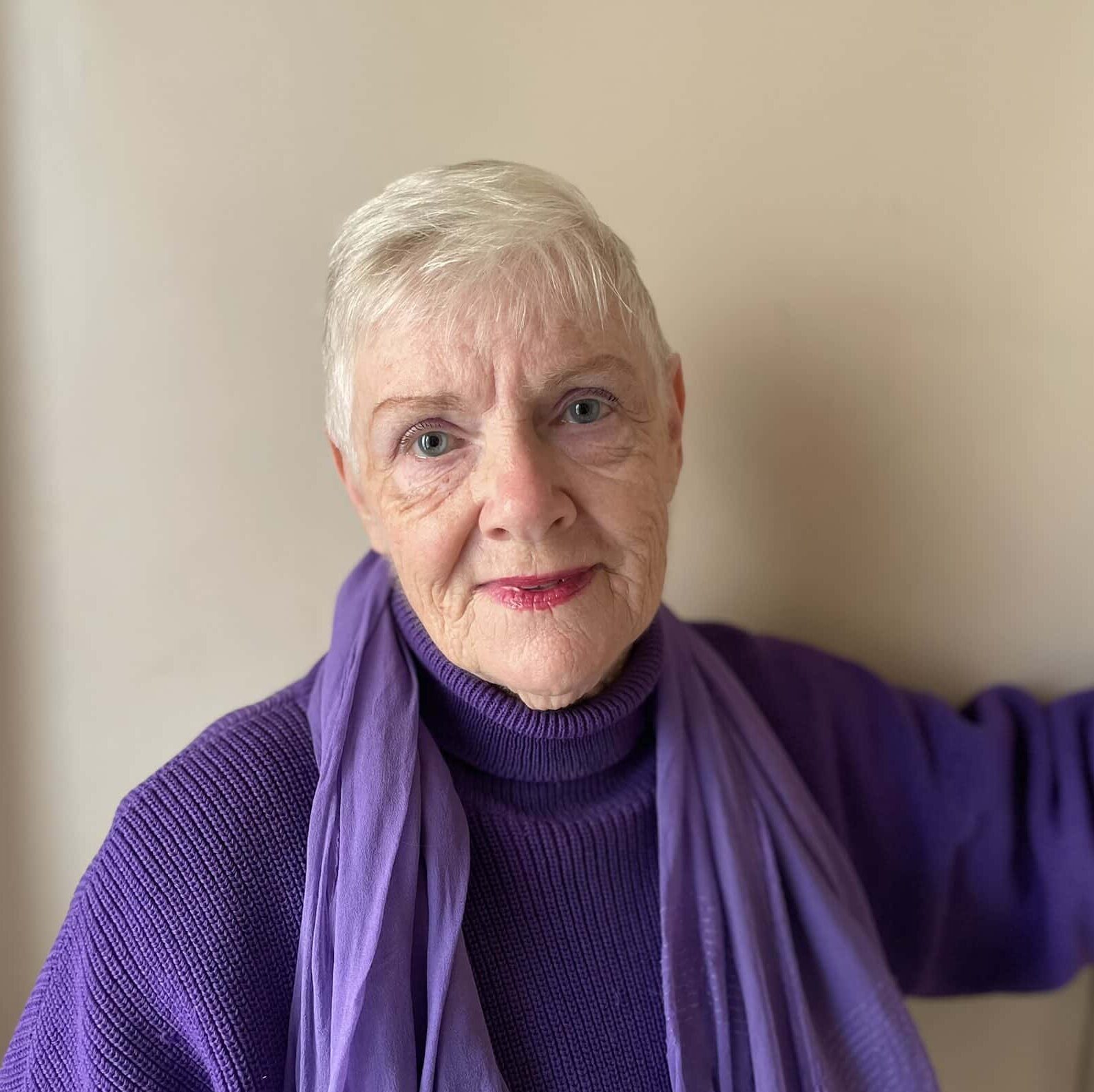THE WAY THINGS ARE
‘In the burnt earth I lay weeping, I had lost all my humanity. In the scorched earth, like a wounded animal, wondering where was my life and the person I used to be.’ I wrote that song years after 1974 when angry emotions had cooled and common sense took over, a song of reconciliation.
Families with men serving during the invasion know what army life was back then. Uniforms were stiff as canvas until several washes made them compatible with the human body. Boots were big and heavy, so were socks. Sweating feet a constant misery except for off-duty hours when they could wear flip flops. Conditions were poor, vindictive superiors generally unchallenged and unrebuked for exercising PS B, psychological warfare, in which new recruits were subjected to all forms of abuse verbal and physical. And pity the man in his tight, stuffy bunk in a cramped, stifling hut when personal hygiene wasn’t the norm for the one above him.
These young, some very young, men were thrown into the heat of battle, lying under fire in the dust of a merciless July sun knowing they were grossly outnumbered, death or capture their probable fate.
Peaceful societies damage the atmosphere, but what does war do to it and us. In Mike Madden’s continuation of Tom Clancy’s fictitious adventures of Jack (now President) Ryan’s family, his depiction of rocket damage in Idlib, Syria, is one of the most terrifying illustrations of the havoc manmade weapons impose on flesh and blood bodies. ‘The cascading crashing warheads released clouds of combustible fuel mixed with finely powdered aluminum PETN high-explosives, and ethylene oxide gas into open streets.’
He continues that incendiary clouds penetrated every building in an eight-block area. Every room filled with the toxic mixture in nanoseconds. Timed scatter charges of conventional explosives in the warheads detonated next, resulting in a plasma cloud. Instant incineration. The shock wave produced thousands of pounds of pressure per square inch. The dead were the lucky ones, he wrote, limbs were torn away or broken; lungs ruptured, emboli formed in coronary and cerebral arteries; bowels perforated; inner ear structures crushed; eyes ripped from sockets.
Expanding overpressure waves smashed walls, broke windows and shattered doors. ‘The city became a form of shrapnel; hurling shards of burning brick, glass, wood and iron through the fiery winds, lacerating soft and exposed flesh.’ Atmospheric oxygen was consumed by the plasma cloud, creating a massive vacuum and a fireball of 3,000 degrees. The remaining buildings hadn’t a chance.
Shrieking survivors were crushed beneath tons of crumbling debris, buried alive, crucified by timbers, impaled on twisted metal. Anyone living was soon suffocated. Inflammables gas mains and petrol tanks stoked the rubble and the bodies beneath it into an inferno of unquenchable fire. He finishes: ‘It was the explosive equivalent of a tactical nuclear device, but entirely conventional, and perfectly legal, according to international treaties. It was also hell on earth.’ A fine piece of descriptive writing precisely outlining the horror of war.
Cyprus rescreens on anniversaries what deadly weapons did to bodies and buildings in 74. We empathise with victims from lived experience, watching appalling pictures from war zones, knowing they aren’t merely pictures, but life in relentless hell. Reading that passage, I wondered how any sane person can design ‘legal’ ‘conventional’ weapons of mass destruction, or any weapon that delivers hideous death, too often involving innocents. How do they face their own safe families blocking out responsibility for the vile suffering their weapons inflict? Do leaders, families exempt from battle, find it acceptable to fry, mutilate and bury alive other families, failing, as in the past, to prevent war crimes and save lives?
‘Please, let me fill your glass, we’ll talk about the past, then we should let it go. Friend, we’ve known some bitter years, shed many bitter tears, lost people we love so. Fire, we’ve seen fire, we have felt the heat that was not the sun, the bite of metal rain. Smoke clouds, choking smoke clouds, blotting out fields where broken bodies died in pain. Don’t let it happen again.’







Click here to change your cookie preferences